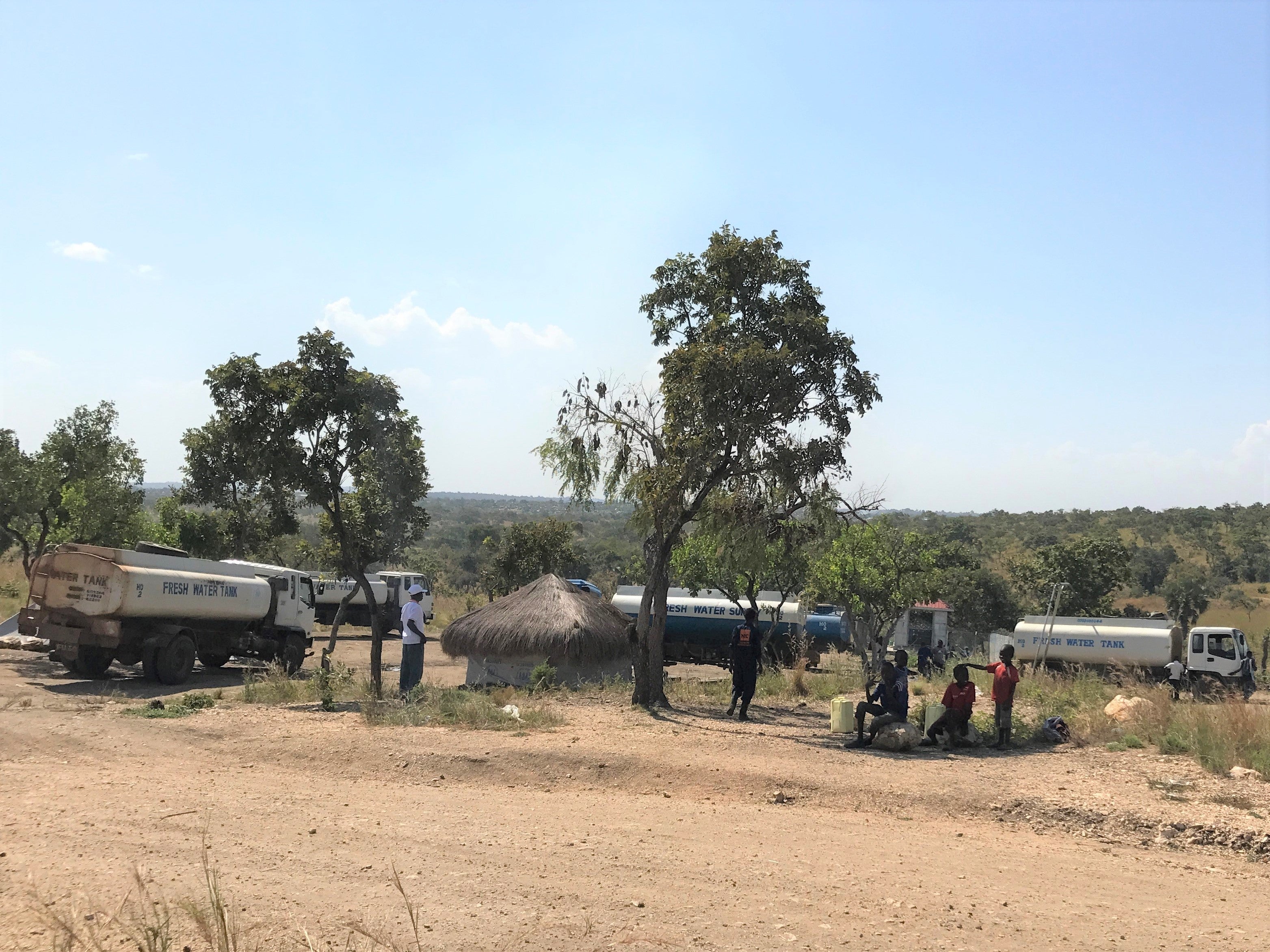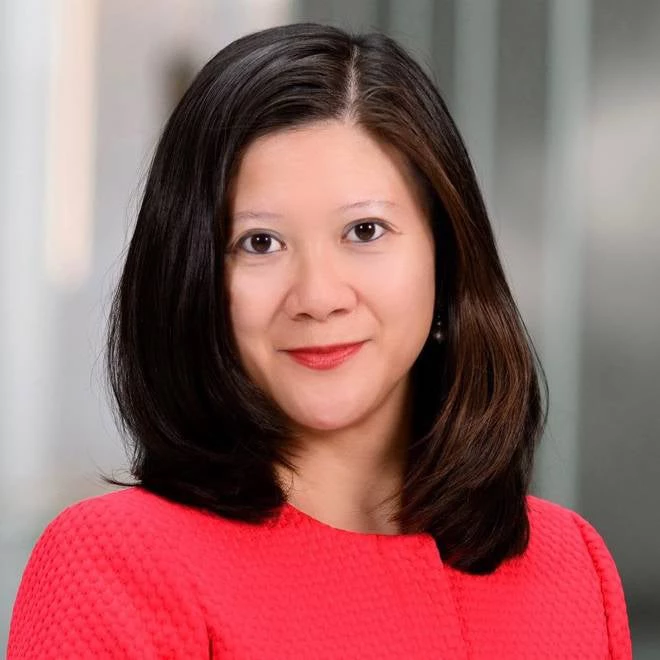 Yumbe Settlement
Yumbe Settlement
Africa is home to 6 million refugees, which is 20% of the world’s refugee population – a number that’s nearly tripled since 2008. Uganda hosts 1.3 million of those refugees, making it the largest refugee-hosting country in Africa and the third largest globally. The country has one of the most progressive refugee policies in the world, which allows refugees to move freely, gain access to public services and gives them the right to work. But the sheer number of refugees puts exceptional constraints on the country’s capacity to deliver effective water services to refugee populations and host communities.
The United Nations High Commissioner for Refugees (UNHCR) and humanitarian partners first use water trucking at the onset of an emergency to ensure that lives are saved and public health risks are minimized. Then, water schemes are quickly constructed across refugee settlements with minimal coordination among the partners, resulting in most water systems that are transient in nature, sub-standard and plagued by operational inefficiencies and high operating costs. This type of provision of water services to refugees is fragmented and unsustainable due to perpetual institutional constraints and financing gaps.

The Government of Uganda (GoU) has been working with the World Bank and UNHCR to explore alternative water delivery models to improve the sustainability of service provisions to refugees and hosting areas. Through the Office of the Prime Minster (OPM) and the Ministry of Water and Environment, a holistic approach is undergoing implementation wherein refugees are integrated into the national development agenda and water system, and the provision of services is being shifted from partners to Uganda's public utilities. Such a utility model aims to improve service levels by utilizing a market-based approach and allowing refugee households to choose access levels above UNHCR minimal standards of 20 liter per person per day based on their financial capacity. While water remains free during the emergency phase and will continue to be free for vulnerable refugees as part of the protection measures, communities do eventually engage in livelihood opportunities as the refugee management remains protracted and the situation stabilizes, which enables them to contribute to service provisions.
The World Bank has been supporting the GoU in the transition process through a combination of lending operations, technical assistance and analytical support. The Integrated Water Management and Development Project (IWMDP) includes a key sub-component to strengthen water supply and sanitation services in districts hosting refugees, as well as sector reforms to promote more sustainable water delivery in refugee settlements and host communities. The technical assistance includes two analytics – a Deep Dive Assessment of Water Service Delivery in Refugee Settlements in Uganda and the System Assessment and Transfer to Water Utilities; which outline fundamental issues with the traditional service model and critical gaps in the utility model for water service delivery. This is helping stakeholders navigate this new paradigm from an evidence-based perspective by facilitating quality discussions that will chart a sustainable roadmap towards the full integration of services.
With this milieu, the World Bank and UNHCR co-hosted a seminar at the 20th African Water Association (AfWA) International Congress and Exhibition in Kampala, Uganda, on February 25, 2020 to facilitate learning and knowledge sharing of country cases from Uganda, Sudan and Ethiopia in adopting sector reforms that promote sustainable water service delivery to refugees. The session also strived to elevate the topic of financing needs for sustainable services to refugees and surrounding hosting areas.
The last two years have marked a momentous paradigm shift in bridging humanitarianism with the development nexus in water service provisions in refugee hosting areas. Integrating the utility model as part of the holistic approach to sustain water delivery to refugees reflects a firm commitment from government policy makers and humanitarian and development partners. Perceptions have begun to change regarding the provision of water delivery and the cost of services for refugees, as well as current implementing partners and a majority of stakeholders. While much work still remains, positive progress has been observed across the board. This road is long and complicated, but achieving the end results is possible with strong political commitments, effective sector reforms and unwavering collaboration among all actors.



Join the Conversation